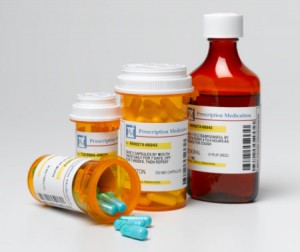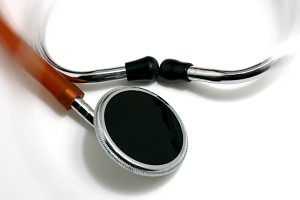A study recently reported by the Washington Post found the new cocaine vaccine, TA-CD, does nothing to address the brain’s cravings for the drug. As a result, users were more likely to dangerously ingest larger quantities of cocaine in attempt to satisfy the cravings and overcome the vaccine’s effect.
 The vaccine TA-CD is a series of shots that ultimately change the body’s chemistry. Working like most vaccines, TA-CD causes the body’s immune system to produce antibodies that stay active for eight to ten weeks. These antibodies bind to cocaine molecules in the blood, making them too large to pass into the brain, thus preventing any possible artificial high.
The vaccine TA-CD is a series of shots that ultimately change the body’s chemistry. Working like most vaccines, TA-CD causes the body’s immune system to produce antibodies that stay active for eight to ten weeks. These antibodies bind to cocaine molecules in the blood, making them too large to pass into the brain, thus preventing any possible artificial high.
The study found that immunization did not achieve complete abstinence from cocaine use; however, previous research has shown a reduction in use and improvement in abuser’s social function thus rendering the vaccine to be therapeutically meaningful by some. In the recent study, according to the Washington Post, researchers found that subjects who were administered the drug stayed off cocaine more than half the time once they had built up a high level of antibodies and immunity to the drug, compared to 23 percent of those who built up fewer antibodies and less immunity. About one in four vaccine recipients failed to develop sufficient antibodies to block the drug’s effects, and scientists were unsure why this was the case.
After being administered the vaccine, abusers reported that doing cocaine became a very disappointing experience; however, their cravings to use the drugs were not reduced. Though this vaccine is being highlighted as “promising” by some scientists, and though none of the study’s participants overdosed, the situation posed by the vaccine makes overdosing a possible, serious problem if used as a treatment option. The idea of developing medication that “blocks addiction” has long been appealing, but the inability to get high combined with the presence of intense cravings could lead to lethal situations if relapse were to occur.







